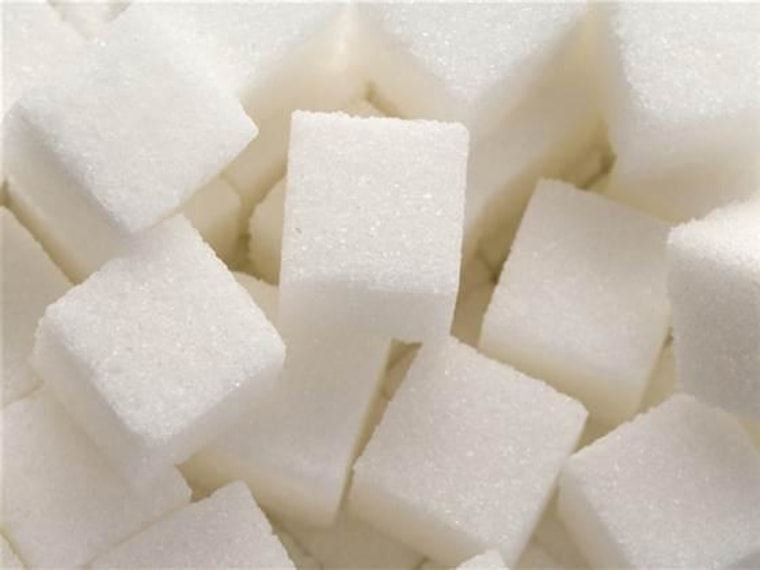
Drink just one 12-ounce can of sugary soda every day, and you might be unwittingly increasing your risk of dying from heart disease, a new study suggests.
Using national survey data, researchers from the Centers for Disease Control and Prevention found an association between a diet full of added sugar from processed and prepared foods and an increased risk of dying of cardiovascular disease — the country’s number one killer.
“Most Americans are consuming too much sugar,” said Quanhe Yang, a senior scientist in the CDC’s division for heart disease and stroke prevention, and lead author of the new study, published in JAMA Internal Medicine. “If you can limit your consumption of added sugar, it’ll help you to reduce your risk of cardiovascular disease.”
The researchers examined data from the National Health and Nutrition Examination Survey, looking at trends on added sugar consumption from 1988 to 2010, combined with 14 years’ worth of analysis of cardiovascular disease mortality. For sugar-sweetened beverages specifically, the researchers found that seven 12-ounce servings per week — so, one can of soda a day — increased a person’s risk for cardiovascular disease by more than a third.
They also found a link between a diet with too much added sugars — that is, if sugar in processed and prepared foods made up more than 15 percent of a person’s daily calories — and a higher risk for cardiovascular disease. Put another way, that’s about 300 calories for the average person’s 2,000-calories-a-day diet, which is about 75 grams, or 18 teaspoons, a day. And it’s easy to creep your way up there without realizing it — in fact, most Americans consume 22 teaspoons of sugar each day, recent figures show.
“If you look at all packaged foods, 77 percent of them have sugar added to them,” said Laura A. Schmidt, professor in the school of medicine at University of California, San Francisco. Schmidt wrote a commentary on the new study that was also published in JAMA Internal Medicine. “For example, it’s added to breads, it’s added to bagels, it’s added to ketchup, it’s added to salad dressing … So it makes it very hard for the consumer to know when they’re getting too much sugar.”
To limit your intake, New York City nutritionist Elisa Zied suggests that when a craving hits, choose a food that’s naturally sweet first. Then choose your added sugars wisely, skipping the so-so cookie for something you really enjoy.
“The good news is that when you get your body used to eating less sugar, you won't crave it as much,” Zied said. “It just takes time and patience.”
